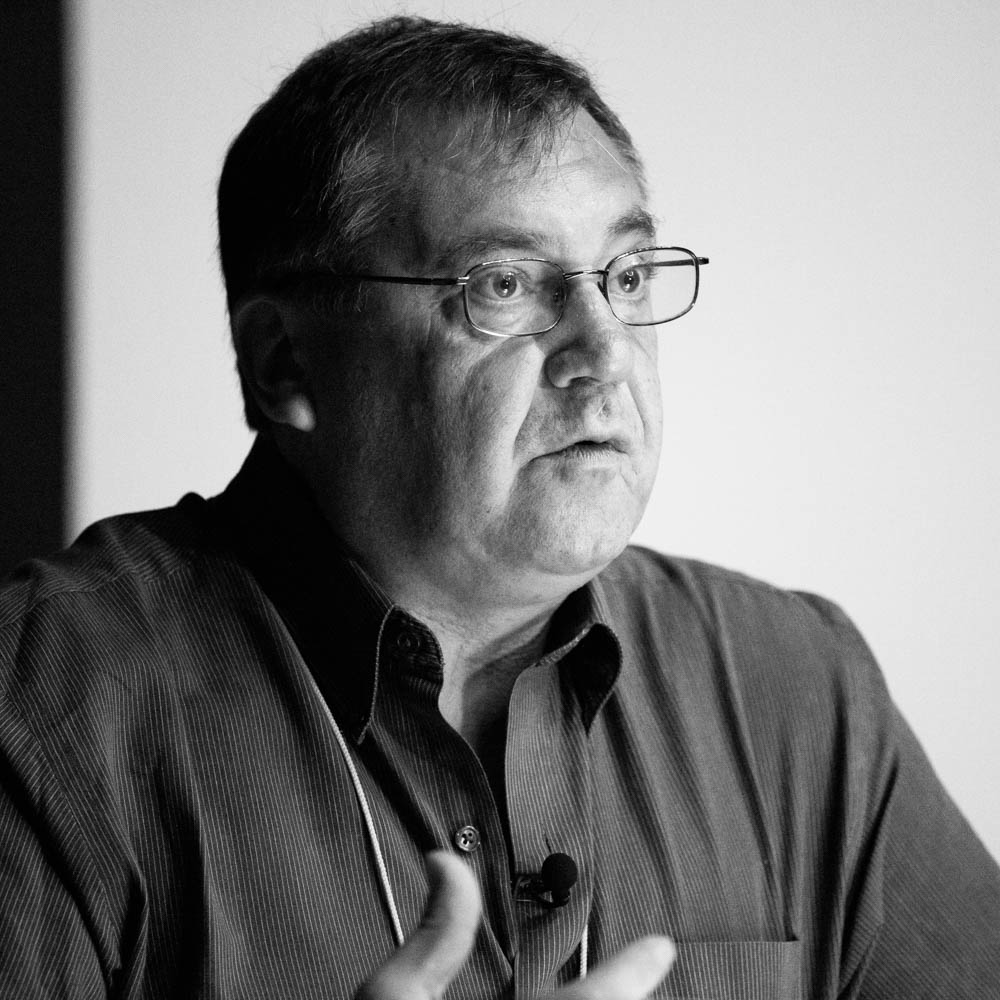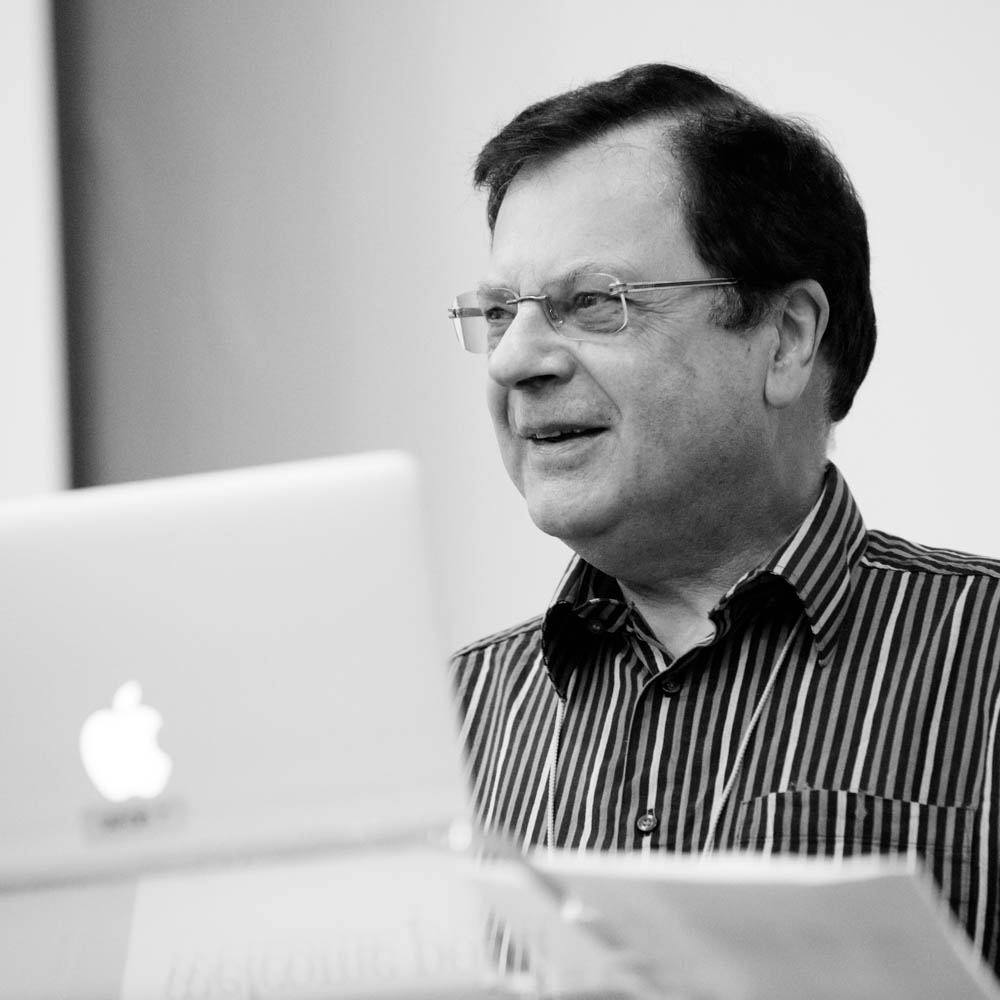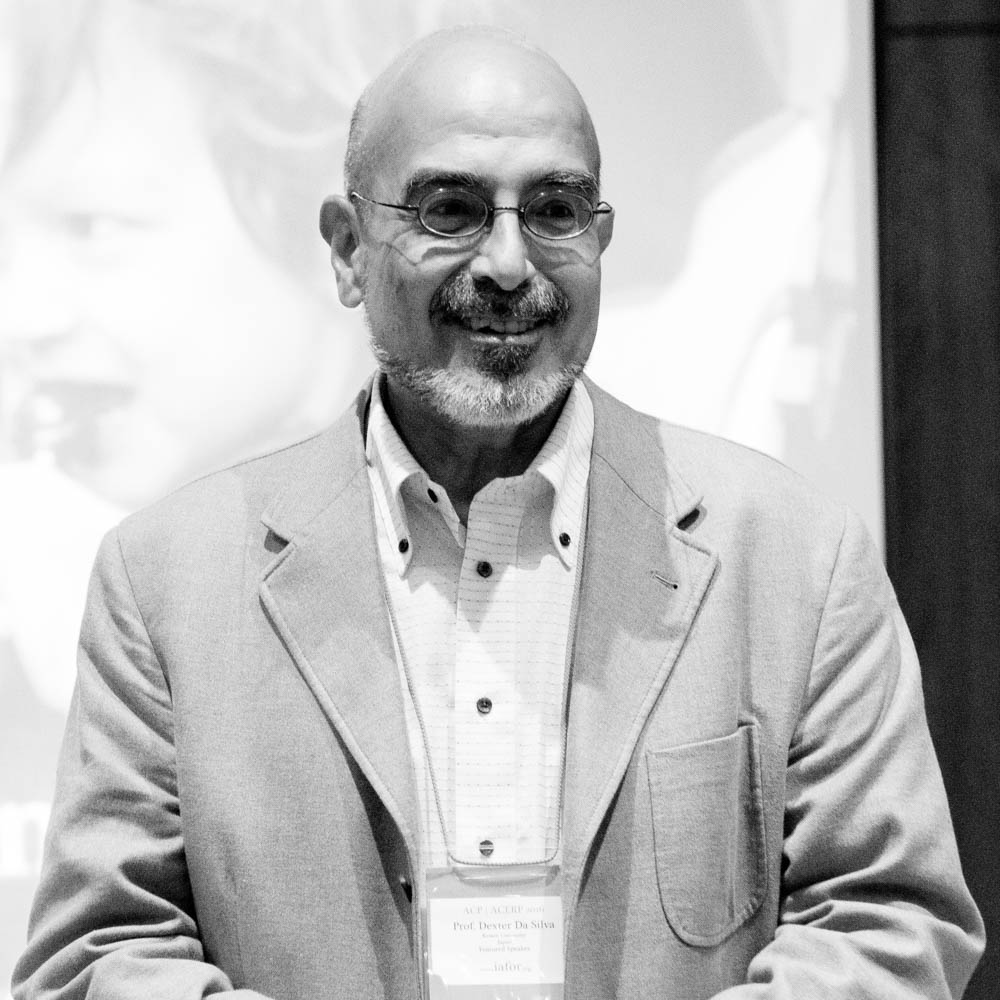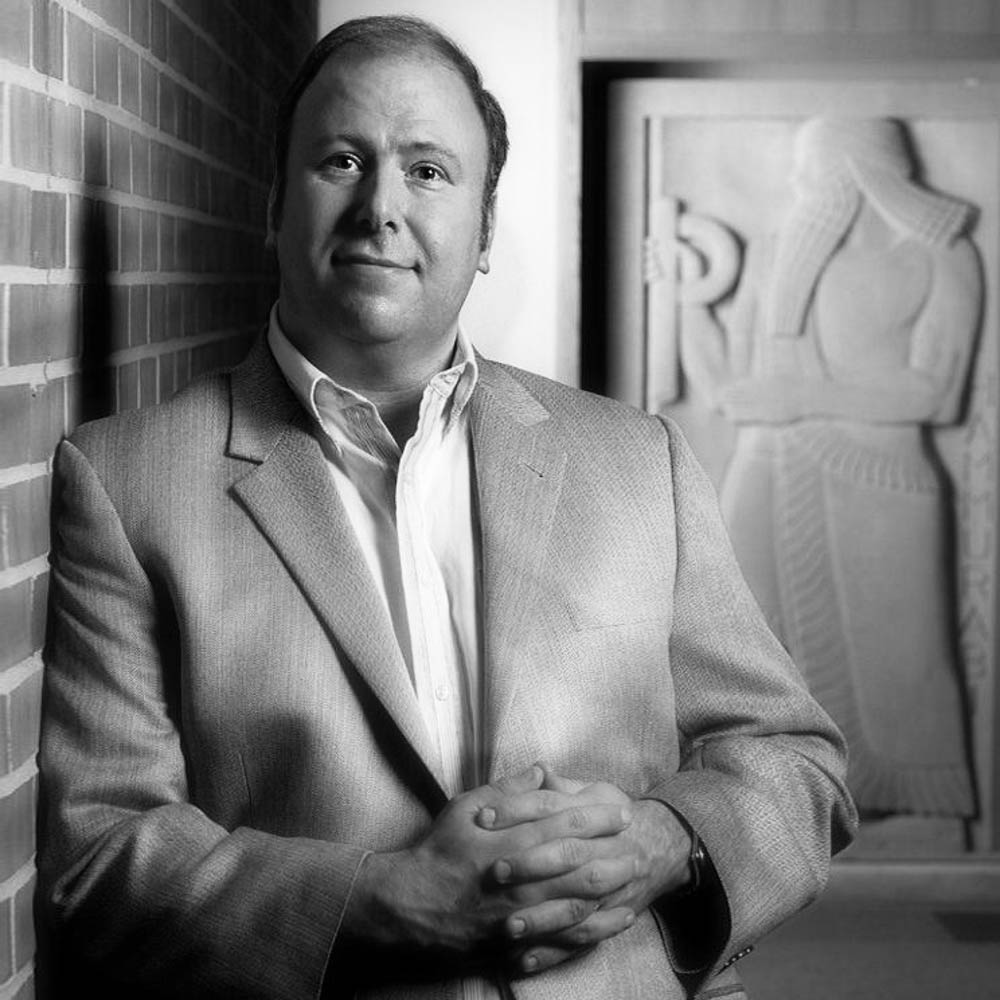- Conference Theme
- Conference Photographs
- Programme
- Speakers
- Organising Committee
- Review Committee
- Conference Proceedings
- Abstracts

The European Conference on Ethics, Religion & Philosophy 2017 (ECERP2017) Conference Photograph. Photography by IAFOR Media. Image copyright © IAFOR 2017
Conference Themes: “Identity” and “History, Story and Narrative”
July 4–5, 2017 | The Jurys Inn Brighton Waterfront, Brighton, UK

The conference themes for ECERP2017 were “Identity” and “History, Story and Narrative”, and the organisers encouraged submissions that approached these themes from a variety of perspectives.
These dual themes are complementary in that they excited research on a variety of subjects related to personal and group Identity, as well as the histories, stories and narratives that help situate us within communities and societies, and in the wider world in which we exist.
Crises of individual identity include losses and questioning of faith, of concepts of “truth” and “right”, and of ethical and religious societal responses to changing norms in different countries. These questions of identity go right to the heart of what it is to be human.
This conference also asked us to consider the connected notions of history, story and narrative within the context of ethics, religion, and philosophy. However, the submission of other topics for consideration was also welcomed and we encouraged sessions across a variety of interdisciplinary and theoretical perspectives.
ECERP2017 Conference Photographs
Human interaction is at the root of all knowledge creation, and hence the great importance of the conference in introducing, testing and spreading ideas through challenging, rigorous and thought provoking discussion and debate. But beyond that, a conference is also a great chance to meet people from around the world, and to extend and grow ones’s professional network, and above all, to make friends.
It may be impossible to tell the story of the conference, or rather the many hundreds of interlocking stories that go to make up the conference, but the documentary photography in this slideshow aims to give a taster of the more serious academic side of the event, as well as the lighter side…
[envira-album slug="ecerp2017-conference-photographs"]Programme
-
 “Identity” and “History, Story, Narrative”Featured Panel Presentation: Joseph Haldane, Stephen E. Gregg, Geoff Beattie & Katie Woodward
“Identity” and “History, Story, Narrative”Featured Panel Presentation: Joseph Haldane, Stephen E. Gregg, Geoff Beattie & Katie Woodward -
 The Virtue of Politeness As a Part of the Virtue of JusticeFeatured Presentation: T. Brian Mooney
The Virtue of Politeness As a Part of the Virtue of JusticeFeatured Presentation: T. Brian Mooney -
 A Motivational Theory of Attitudes Towards Counter-TerrorismFeatured Presentation: Katie Woodward
A Motivational Theory of Attitudes Towards Counter-TerrorismFeatured Presentation: Katie Woodward -
 Hidden Thoughts: Do Your Hand Gestures Reveal More About You Than You Think?Keynote Presentation: Geoff Beattie
Hidden Thoughts: Do Your Hand Gestures Reveal More About You Than You Think?Keynote Presentation: Geoff Beattie -
 When the Pope is not a Catholic: Complicating Religious Identity in the Twenty-First CenturyKeynote Presentation: Stephen E. Gregg
When the Pope is not a Catholic: Complicating Religious Identity in the Twenty-First CenturyKeynote Presentation: Stephen E. Gregg -
 Fostering Moral Competence with KMDD (Konstanz Method of Dilemma-Discussion)Spotlight Workshop Presentation: Malgorzata Stec
Fostering Moral Competence with KMDD (Konstanz Method of Dilemma-Discussion)Spotlight Workshop Presentation: Malgorzata Stec
Speakers
-
 Katie WoodwardDefence Science and Technology Laboratory, UK
Katie WoodwardDefence Science and Technology Laboratory, UK -
 Malgorzata StecJagiellonian University & Jesuit University Ignatianum, Poland
Malgorzata StecJagiellonian University & Jesuit University Ignatianum, Poland -
 Stephen E. GreggUniversity of Wolverhampton, UK
Stephen E. GreggUniversity of Wolverhampton, UK -
 Joseph HaldaneThe International Academic Forum (IAFOR), Japan
Joseph HaldaneThe International Academic Forum (IAFOR), Japan -
 Thomas Brian MooneyCharles Darwin University, Australia
Thomas Brian MooneyCharles Darwin University, Australia -
 Geoff BeattieEdge Hill University, UK
Geoff BeattieEdge Hill University, UK
Organising Committee
The Conference Programme Committee is composed of distinguished academics who are experts in their fields. Conference Programme Committee members may also be members of IAFOR's International Academic Board. The Organising Committee is responsible for nominating and vetting Keynote and Featured Speakers; developing the conference programme, including special workshops, panels, targeted sessions, and so forth; event outreach and promotion; recommending and attracting future Conference Programme Committee members; working with IAFOR to select PhD students and early career academics for IAFOR-funded grants and scholarships; and overseeing the reviewing of abstracts submitted to the conference.
-
 Anne BoddingtonUniversity of Brighton, UK
Anne BoddingtonUniversity of Brighton, UK -
 Joseph HaldaneThe International Academic Forum (IAFOR), Japan
Joseph HaldaneThe International Academic Forum (IAFOR), Japan -
 George D. ChryssidesThe University of Birmingham, UK
George D. ChryssidesThe University of Birmingham, UK -
 Geoff BeattieEdge Hill University, UK
Geoff BeattieEdge Hill University, UK -
 Dexter Da SilvaKeisen University, Japan
Dexter Da SilvaKeisen University, Japan -
 Frank S. RavitchMichigan State University College of Law, USA
Frank S. RavitchMichigan State University College of Law, USA
Review Committee
ECERP2017 Review Committee
- Dr Diana Po Lan Sham, Hong Kong Chinese Institute of Engineers, Hong Kong
- Dr Kakali Ghoshal, Budge Budge College, India
- Professor Nai-Ying Whang, National Taiwan Normal University, Taiwan
- Dr Oseni Afisi, Lagos State University, Nigeria
- Dr Wilfred Lajul, Makerere University, Uganda
ECP2017 Review Committee
- Dr Agata Vitale, Bath Spa University, UK
- Professor Chin-Lung Chien, Kaohsiung Medical University, Taiwan
- Dr Edna Calma, University of The Assumption, The Philippines
- Dr Eva Ganetsou, The American College of Greece – Deree College, Greece
- Dr Fritz Ilongo, National University of Lesotho, Lesotho
- Dr Katalin Balázs, Psychology Institute, Hungary
- Dr Talat Islam, University of The Punjab, Pakistan
IAFOR's peer review process, which involves both reciprocal review and the use of Review Committees, is overseen by conference Organising Committee members under the guidance of the Academic Governing Board. Review Committee members are established academics who hold PhDs or other terminal degrees in their fields and who have previous peer review experience.
If you would like to apply to serve on the ECERP2019 Review Committee, please visit our application page.
















